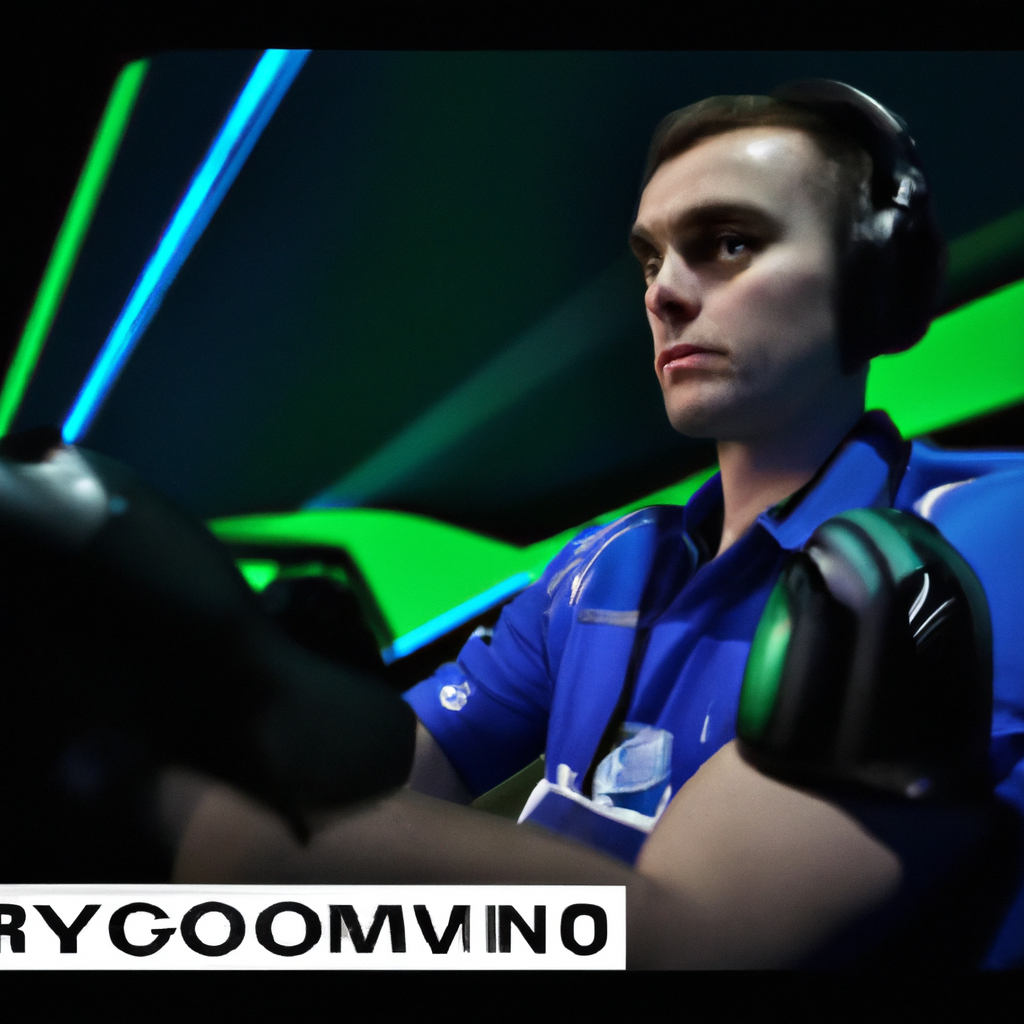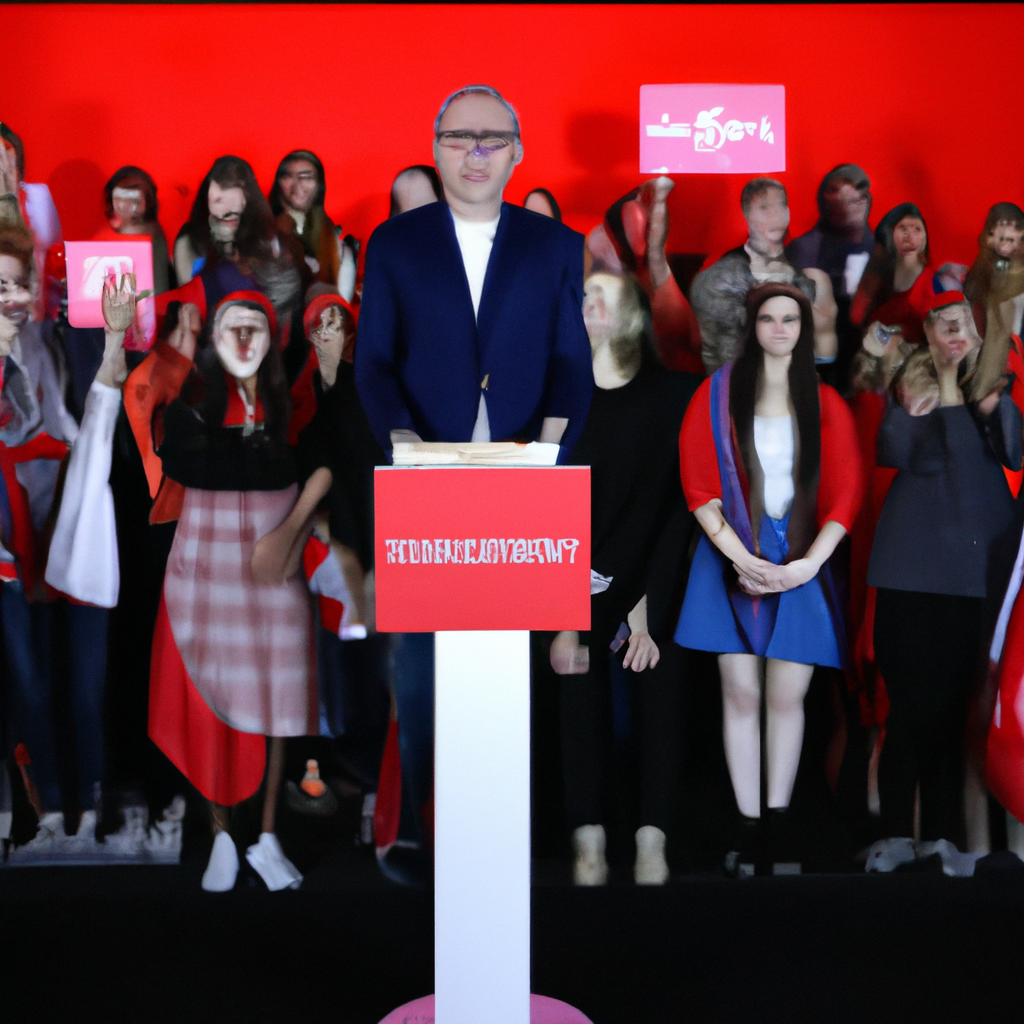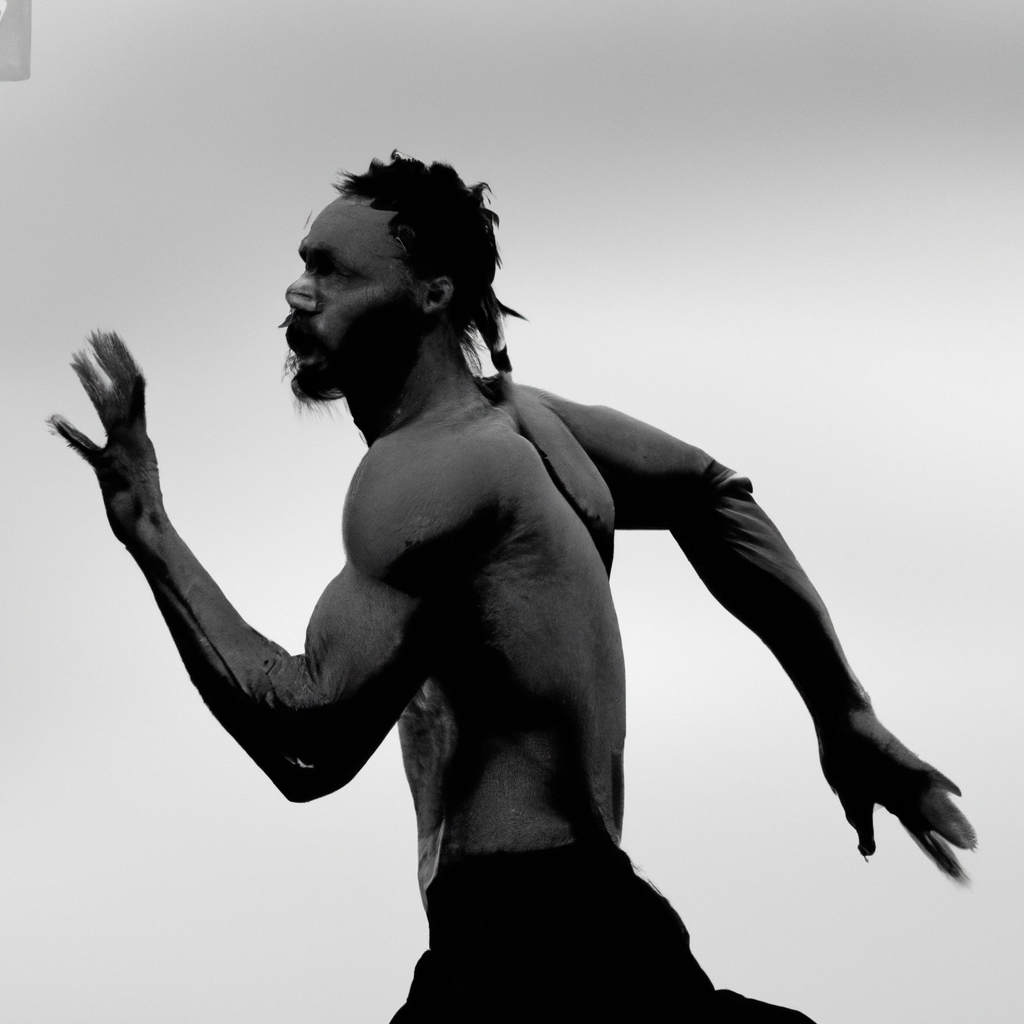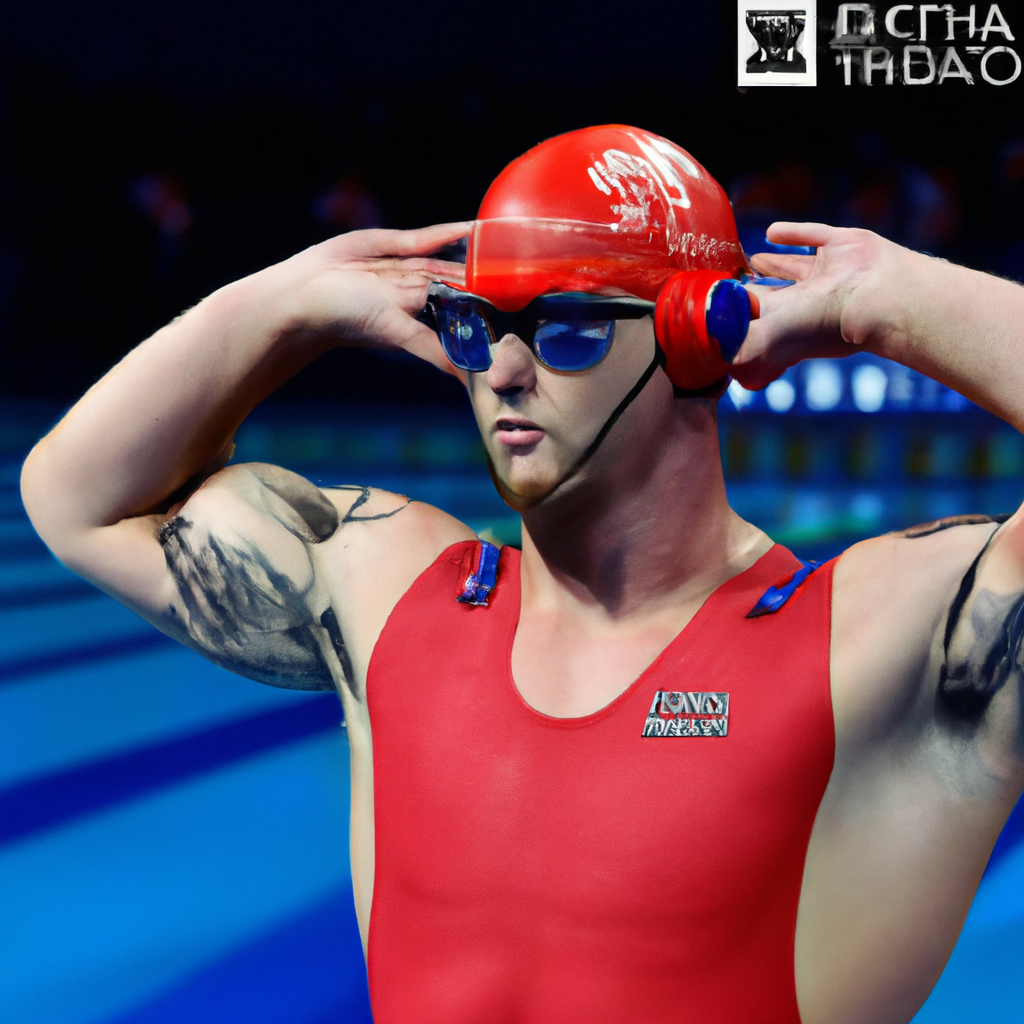Read in your native language
english german italian french spanish mandarin arabic portuguese russian japanese hindi bengali punjabi urdu korean vietnamese thai malay indonesian persian turkish polish ukrainian greek romanian hungarian dutch swedish norwegian finnish danish hebrew czech slovak bulgarian serbian croatian slovenian
Analysis of the Olympic Esports Games Initiative
The recent announcement by the International Olympic Committee (IOC) regarding a 12-year partnership with Saudi Arabia to create the standalone Olympic Esports Games has stirred mixed reactions in the global gaming community. This move aims to elevate gaming to the same stature as the traditional Summer and Winter Olympics. While the initiative presents a major opportunity for the esports industry, several challenges and controversies surround it, particularly regarding human rights and gender equality.
Perspectives Involved in the Situation
The International Olympic Committee (IOC)
The IOC stands to benefit immensely by attracting a younger demographic and modernizing the Olympic brand by embracing the rapidly expanding esports sector. However, their partnership with Saudi Arabia raises concerns about "sportswashing," where sports events are used to distract from the country's human rights abuses.
Alban Dechelotte & G2 Esports
As the CEO of G2 Esports, Alban Dechelotte expresses excitement about the prospect of bringing esports to the Olympic stage and ensuring equal opportunities for male and female players. While his vision focuses on inclusivity, the esports industry has historically underrepresented women, presenting a significant challenge ahead. Alban emphasizes the commitment to parity in representation, aiming to break down the barriers that have limited female participation.
The Gaming Community
The global gaming community offers varied opinions. Some gamers support the inclusion of esports in the Olympics, recognizing its potential for wider recognition. However, there is skepticism related to the LGBT rights situation in Saudi Arabia and the implications of competing in a country that criminalizes homosexuality. The recent boycotts over the Esports World Cup underline the community's concerns about the moral implications.
Fans and Players
Fans and players have much to gain from enhanced visibility and opportunities in the esports field. The potential for representing national flags and the ensuing team dynamics are exciting prospects. Conversely, players may feel uncomfortable competing in a country with strict laws against various social groups, raising ethical questions about participation.
Benefits, Risks & Losses
Benefits
- Increased visibility and prestige for esports as a legitimate sport.
- Potential growth in participation from diverse demographics, including female gamers.
- Economic opportunities related to hosting and participating in a global event.
Risks
- Accusations of sportswashing leading to a tarnished reputation for the IOC.
- Potential backlash from gamers regarding venue location and human rights issues.
- Challenge of ensuring actual equality for female participants and representation.
Losses
- Loss of support from gamers who choose to boycott the event.
- Withdrawal of major gaming organizations hesitant to align with controversial locations.
- Failure to achieve the expected levels of equality and representation, leading to disillusionment among fans and players.
Relevancy Meter
This issue has a relevancy rating of 40% as it reflects ongoing conflicts between traditional perceptions of sports, modern inclusivity, and cultural challenges. Having originated from a pioneering initiative that drastically diverges from the historical Olympic model, the long-term implications are still largely uncertain.
Infographic: Potential Outcomes of the Olympic Esports Games
- Success in driving inclusivity could lead to the first major international esports competition recognized by the Olympics.
- Failure to address gender and rights issues could lead to permanent splits in the gaming community.
- Balancing ancient Olympic values with modern gaming culture presents unique challenges.
Keywords: IOC, esports, Olympic Esports Games, LGBT, sportswashing, international esports competition.
Author: Andrej Dimov
Published on: 2024-07-28 16:45:31



